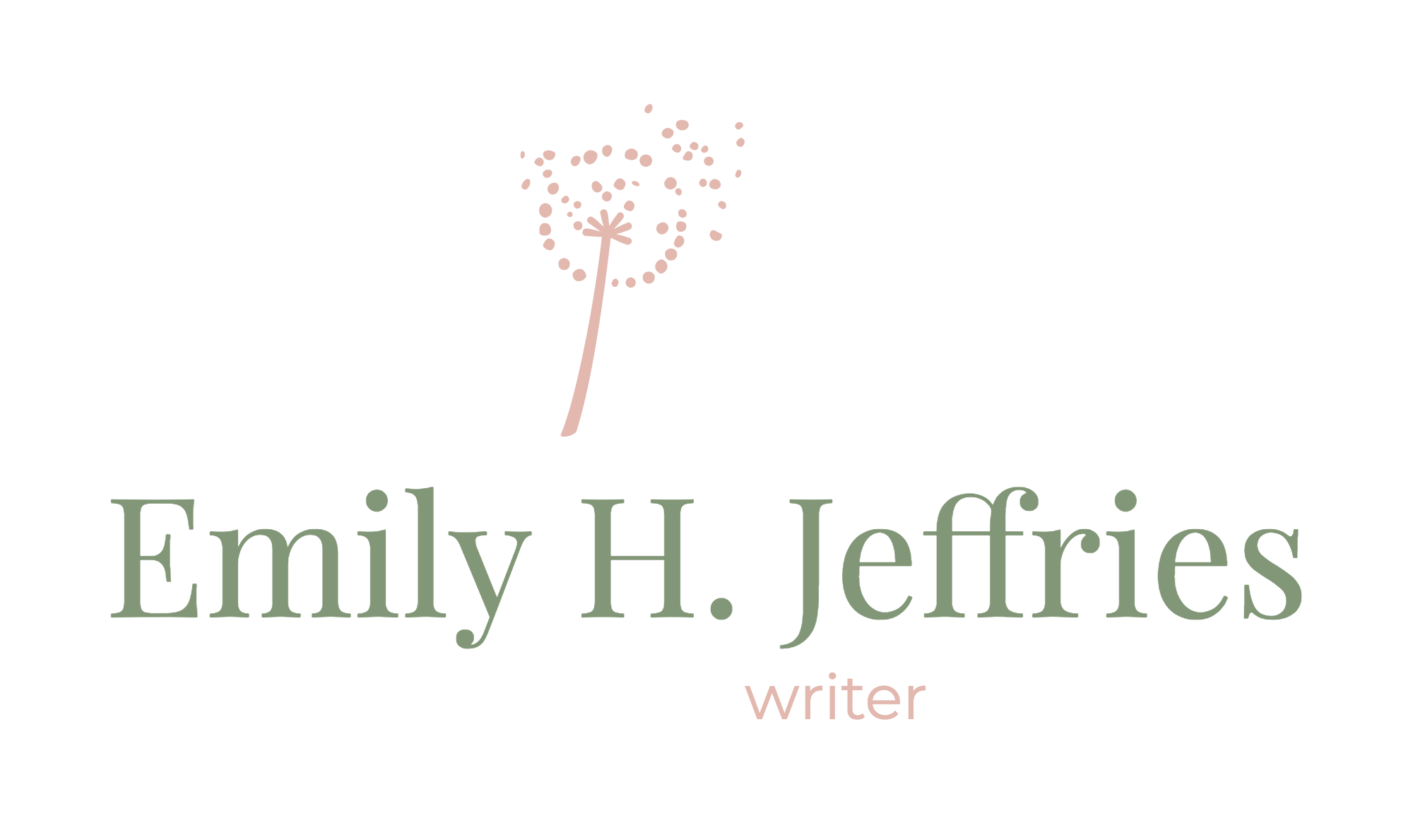Reading for Writers in 2017
Writers are linked by insecurity. If we aren't positive our stuff is pure crap, we're at least sure our loved ones think it's crap. Our social media presence is rubbish, our queries are piles of poo, our careers wouldn't beat a sloth in a foot race ... we put a lot of pressure on ourselves. Perhaps most common among these litanies of insecurity is that we use our time poorly.
I'm reading, but I really should be writing. I'm writing, but I should be reading about how to write. I'm reading, but I'm not reading in my genre. I'm writing, but I haven't read enough comparable titles to my WIP. And so it goes.
I don't know that I've conjured the golden proportion of writing to reading, but certainly both are required to become a good writer. At the time of this writing, my strategy is to write/edit until I cannot stand the sight of my own words, and then it's time to read. Fortunately, my psyche adheres admirably to the writer stereotype, and I often cannot stand the sight of my own words.
So far, here is what I've read during those hours of recuperation:
Jeff Goins has made a name for himself as a writer, speaker, and general encourager of the creative American. I loved this book. It motivated me to actually put down the book and get down to writing. I also felt obliged to highlight a few sections. Jeff motivates the reader to pursue a professional dream, but with the patience and practicality to make a bonafide career out of that dream. It is simple, straightforward, and full of inspiring anecdotes about other people who made the leap and found a way to feel fulfilled in their work. Jeff's latest book, Real Artists Don't Starve just came out last month and already boasts a perfect 5 stars with 158 reviews on Amazon.
I heard about this book through a writers conference. You better believe most agents and editors will have read this puppy by the end of the year. Two literature gurus collaborate with a computer to come up with algorithms that can predict whether a novel will become a bestseller with surprising accuracy. Jodie and Matthew put hundreds of novels through their system to analyze style, character, plot, and other elements that affect a book's readability. All the old adages are true - adverbs are bad, he said she said is good, passive voice is bad, a protagonist with a clear want is good ... However, there are some surprising patterns as well. For example, did you know bestselling authors use contractions six times more often than non-bestselling authors? I'd consider this a must-read.
This book is part of a series of hacks for writers, like The Positive Trait Thesaurus and The Rural Setting Thesaurus. The tag for the series is, "writers helping writers", and it does just that. Warning: journalism grads and MFA's may poo-poo these books. The danger is to write cliché, but that is only if you lift phrases verbatim from the text. The intention is to guide your writing to avoid common pitfalls like melodrama, monotony, or too narrow a view point.
Look up a certain emotion in the table of contents, flip to the corresponding page, and discover physical signals associated with the emotion (to show and not tell), internal sensations, mental responses, and other physical cues related to the emotion. I have also downloaded The Dialogue Thesaurus on my Kindle, which after reading The Bestseller Code you should be VERY careful about, since the overwhelming industry preference is for dialogue tags to be virtually invisible.
This one is seriously cool. Though not a spiffy new book (first edition 1993, second edition 2015), it is maybe the most helpful and thorough writers reference book I own. So much so that I don't know how to describe it! Maybe I should look up how in the book ...
But seriously folks, this book combines inspiring quotations from classic literary writers with sections of definitions and synonyms for everything you could possibly hope to use while writing description in your novel. Here's a smattering of the categories listed in the table of contents: shapes, patterns, textures, light, colors, spaces, buildings, earth and sky, animals, people ... I mean right?
There is even a section in which a list of animals is paired with "general designating adjectives" like "donkey: asinine" or "hog: suilline". I know what you're thinking, I'll never use that. Okay but it's still cool that if I really wanted to I could describe a turtle-looking woman as chelonian, right?
If you don't obsessively watch movie previews like Husband Hill, you may have missed the fact that 20th Century Fox (when will they change their name to 21st Century? Is that something I should stay up worrying about?) is making a movie based on Agatha Christie's classic Poirot murder mystery which takes place on a train stuck in a snowdrift. Although I was sad this particular mystery did not involve Poirot's affable sidekick, Hastings, I couldn't put it down! I will say there were many more exclamation points and italics in it than would be permissible these days ... sigh, am I right?
I started but couldn't finish no fewer than THREE comparable titles to my fantasy novel. If you are wondering why there aren't wildly entertaining vlogs reviewing said novels, I'm afraid I have taken a break from the book club reviews, since they take six to eight hours to put together, not including the time it takes to read the books. But perhaps in another season of life, they shall return :)
Tah tah for now!
Emily
Yeah duh I'm going to include the trailer.





